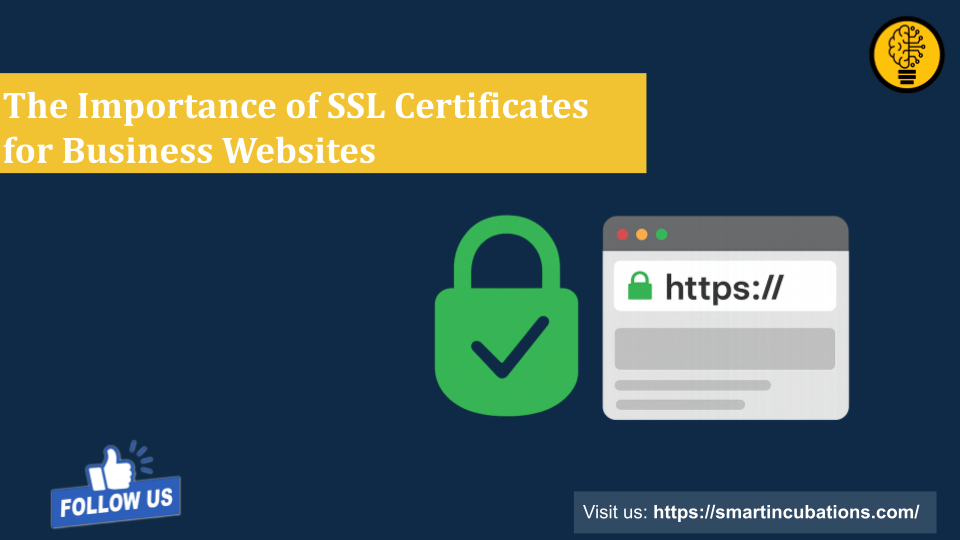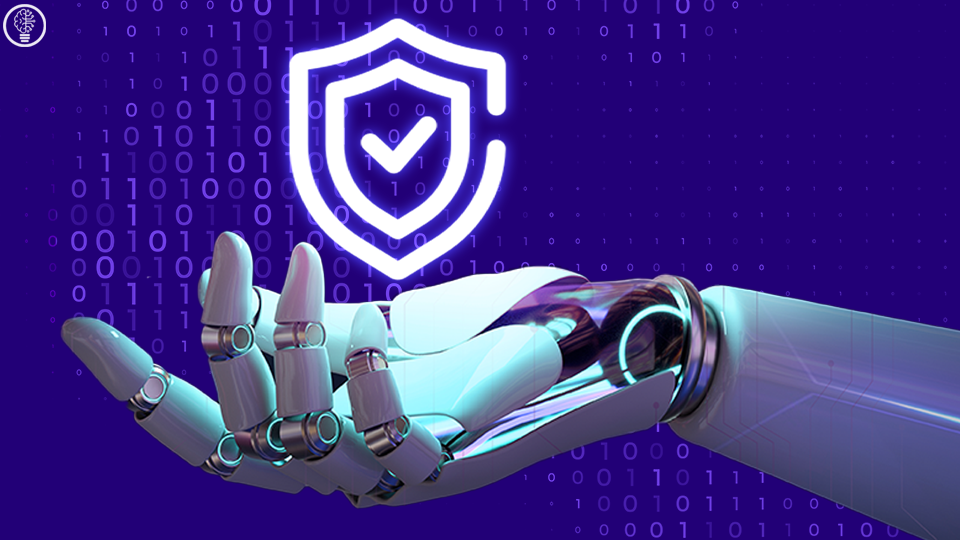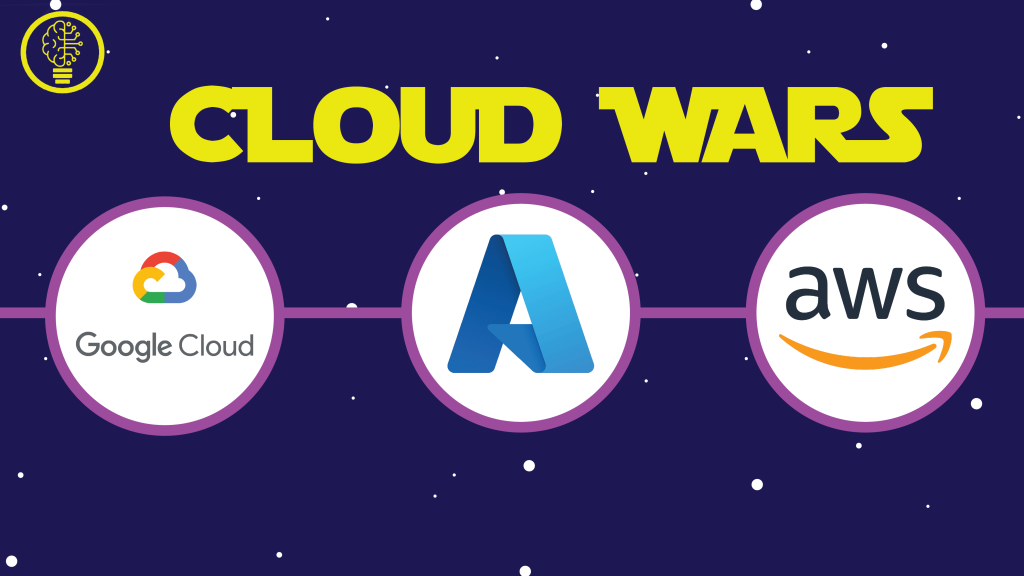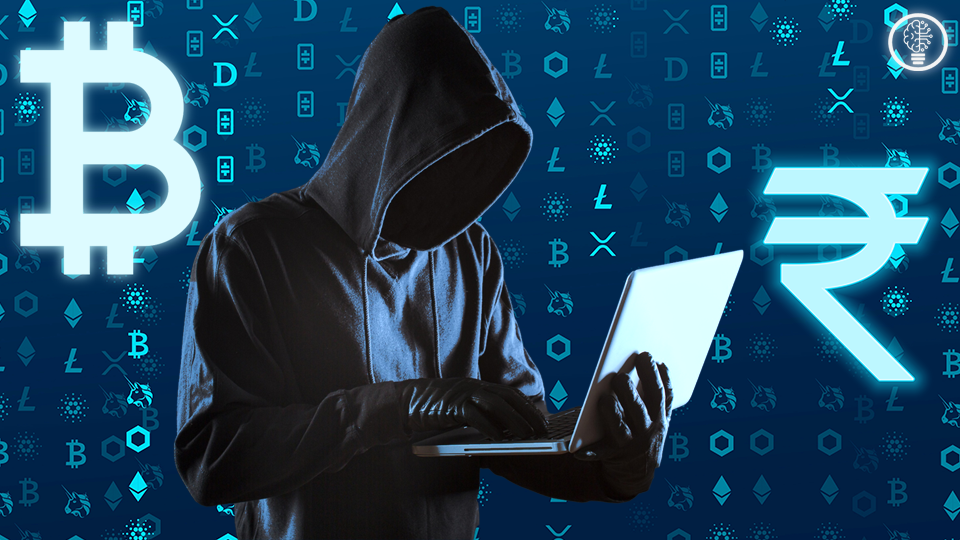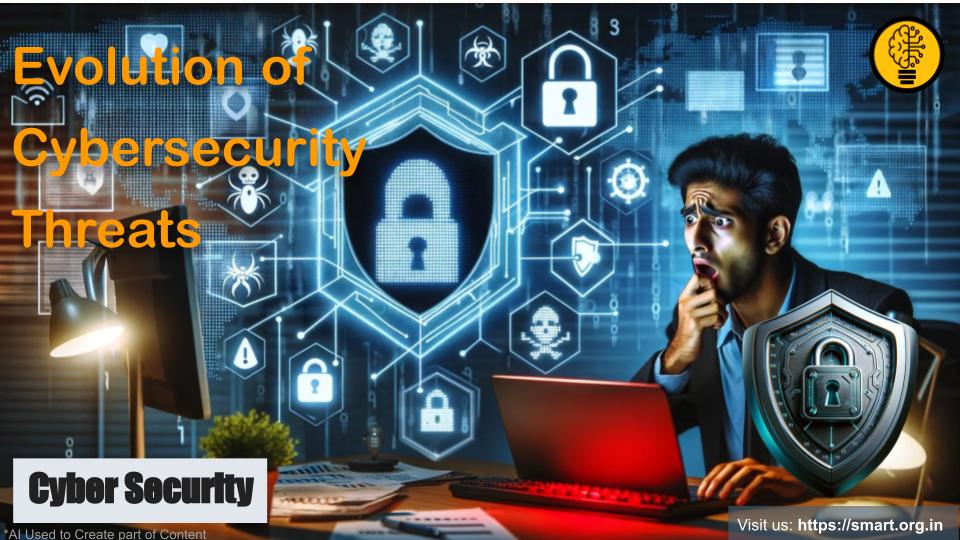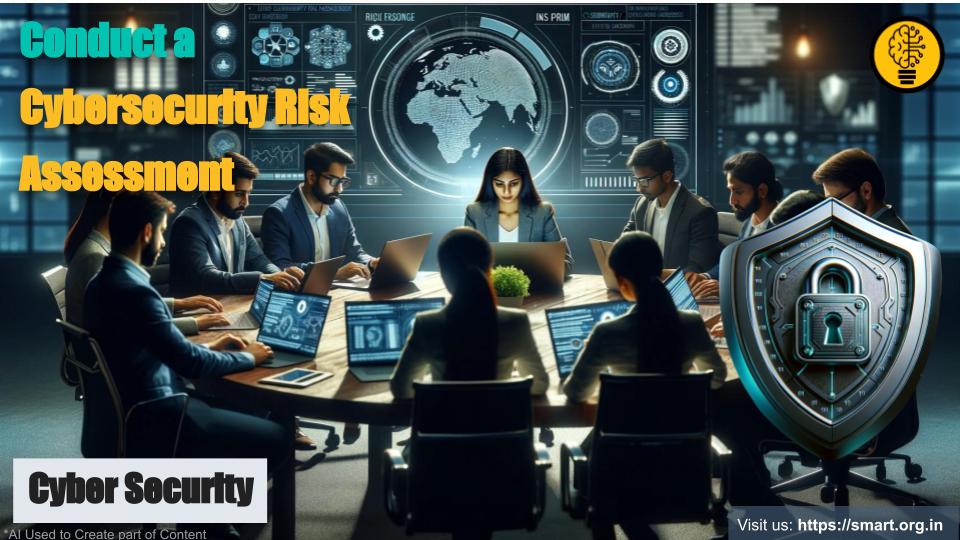By CP Singh, Founder, SmartIncubations.com In my journey building the Smart Group ecosystem, from securing critical infrastructure with Smart24x7 to nurturing the next generation of unicorns at SmartIncubations, I have observed a dangerous paradox in how modern enterprises handle data. We are drowning in data, yet starving for intelligence. For years, the standard playbook for […]
Tag Archives: Cybersecurity
Cybersecurity focuses on protecting computer systems, networks, and data from theft, damage, or unauthorized access. It encompasses a range of practices, technologies, and processes to safeguard digital assets and ensure data confidentiality, integrity, and availability in an increasingly interconnected digital world.
ensuring the security of online interactions has never been more crucial. As businesses increasingly move their operations online, the need for robust security measures becomes imperative. One of the most fundamental and essential components of website security is the SSL certificate. This small but powerful tool not only protects your data but also builds trust with your customers. Here, we delve into the importance of SSL certificates for business websites and why you should consider securing your site with one.
The AI Revolution: Convenience at a Cost In 2025, AI is everywhere. From personalized recommendations on Netflix to AI-driven chatbots and virtual assistants, technology is making our lives easier than ever before. But here’s the catch—this convenience comes at a cost: your data. Every time you use an AI-powered service, you’re feeding it valuable personal […]
The Battle of the Clouds: AWS, Azure, or GCP? In today’s fast-paced digital landscape, choosing the right cloud provider is a make-or-break decision for any DevOps team. With Amazon Web Services (AWS), Microsoft Azure, and Google Cloud Platform (GCP) leading the market, the competition has never been fiercer. Each platform offers unique advantages, but which […]
The Game Has Changed: Cybercriminals Are Winning Gone are the days when cyberattacks were just some shady hacker in a hoodie trying to guess your password. Welcome to 2025, where cyber heists are no longer just digital pickpocketing—they’re full-blown, AI-powered, stealth-mode bank robberies. With financial institutions tightening their security, cybercriminals have also leveled up, using […]
Cybersecurity threats have evolved significantly over the past few decades, adapting to technological advancements and changes in the digital landscape. Understanding this evolution is crucial for businesses aiming to protect their digital assets effectively. From the early days of simple viruses to today’s sophisticated, multi-vector attacks, the nature of cyber threats continues to grow in complexity
In recent cyber security developments, experts have issued a warning to users of Google Chrome, Microsoft Word, and OneDrive. A newly uncovered cyberattack employs fake software error messages to deceive users into installing malicious software. This attack, which has been meticulously detailed by Proofpoint, a renowned cybersecurity firm, highlights the evolving tactics of hackers in their quest to steal private digital data, including cryptocurrencies like Bitcoin.
cybersecurity and business continuity planning (BCP) are inseparable elements crucial to maintaining operational resilience and safeguarding against disruptions. While cybersecurity focuses on protecting digital assets from threats, business continuity planning ensures that a business can continue to operate in the face of various challenges, including cyber attacks. The interplay between these two areas is vital for comprehensive risk management
Conducting a Cybersecurity Risk Assessment (CRA) is crucial for identifying vulnerabilities and implementing measures to protect your business’s data and systems. A well-executed risk assessment helps prioritize security efforts, ensures regulatory compliance, and mitigates potential damages from cyber incidents
Smart Group India’s expertise in implementing Artificial Intelligence in Cybersecurity solutions ensures that startups and corporates can effectively leverage this technology to safeguard their data


